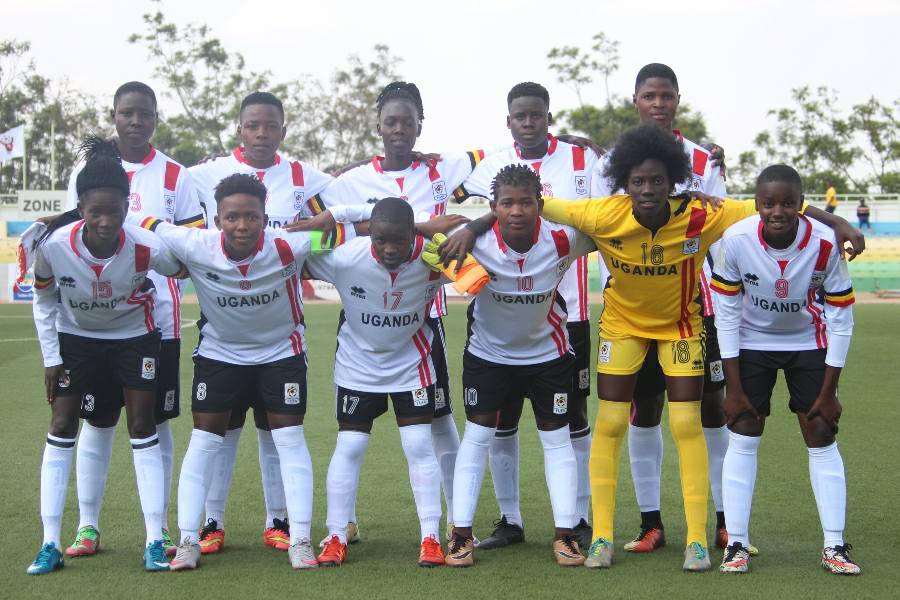
KAMPALA – Uganda on Wednesday July 18 launched a $50 million programme aimed at empowering refugees and their host communities to generate more income for their families as well as address environmental challenges in their camps.
Disaster preparedness and refugees minister Hilary Onek said the project dubbed Development Response to Displacement Impact Project (DRDIP) was intended to improve access to social services, expand economic opportunities and enhance environmental management for host and forcibly displaced households in the districts of Arua, Adjumani, Yumbe, Koboko, Moyo, Lamwo, Hoima, Kamwenge, Isingiro, Kiryadongo and Kyegegwa.
“DRDIP has been designed to address development challenges to have harmonious coexistence of refugees and hosting citizens,” he said while launching the programme in the West Nile district of Adjumani.
Onek said it was of no use hosting refugees and not equip them with skills and finances to go back home and start afresh.
He said the host communities should be appreciated for their kindness and patience. “We have a total of about 1,500,000 refugees in Uganda today but people hosting are less than the number of refugees in the hosting districts.
Uganda now joins other countries under the Intergovernmental Authority for Development (IGAD) such as Kenya, Djibouti and Ethiopia in implementing the DRDIP programme. IGAD is an eight-country trade bloc in eastern Africa which was created in 1996. Its membership includes Djibouti, Ethiopia, Somalia, Sudan, South Sudan, Eritrea, Uganda and Kenya, with a focus on development and environmental control.
Onek called upon neighbouring countries to ensure there is peace in order to control the influx of refugees in Uganda.
Uganda hosts refugees from South Sudan, Somalia, Rwanda and Burundi.
According to the programme, host districts will be given some funds which they will use form microfinance groups to give out loans to both refugees and host communities.
The districts will also be tasked with ensuring there is no environmental degradation. Local non-governmental organisations will also be empowered to support refugees.
Previously, most funds were being managed by international agencies, a practice that was highly criticized for bureaucracy when it came to release of funds.
Earlier, Onek warned district officials against diverting refugee’s funds to other uses, adding that a close monitoring mechanism would be put in place.
James Leku, the Chairman of Adjumani, thanked the government for the new initiative and encouraged the host communities to continue co-existing with the refugees.







